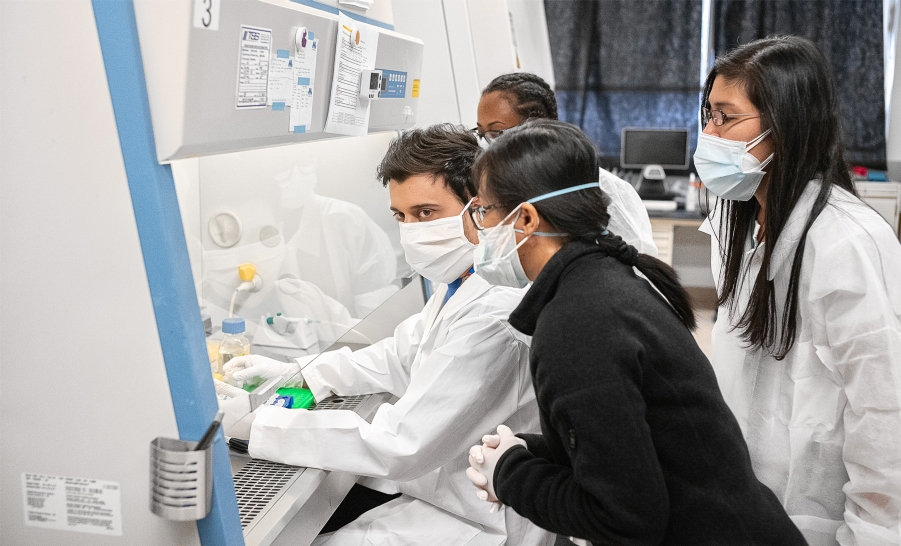Developing & Implementing Promising Practices & Programs
This book serves as a guidebook for higher education practitioners seeking to implement or enhance first-generation programming at their institutions.
Ahmed et al. / Journal of Biomechanical Engineering / July 2021

First-Generation College Students (FGCSs) face myriad challenges including the lack of parental guidance, economic and social burdens, isolation, decreased belongingness, and lowered self-confidence making them at an increased risk of dropping out of college compared to their Continuing College Students (CCSs) colleagues. In addition, being in a multidisciplinary Science, Technology, Engineering, and Mathematics (STEM) field such as Biomedical Engineering (BMEG) is another challenge as it requires the integration of several disciplines. This study aims to maximize FGCSs' success and retention in Biomedical Engineering. The authors hypothesize that STEM-tailored faculty and peer mentoring that is focused on academic and professional development will significantly increase BMEG FGCSs' academic and professional success and enhance their belongingness to the engineering community. Study participants were assigned to either group; faculty mentoring combined with academic coaching or peer mentoring combined with academic coaching. Both quantitative and qualitative data were collected using two surveys; pre-mentoring and post-mentoring. Both faculty mentoring and peer mentoring led to increasing FGCSs' confidence, belongingness, and involvement in professional opportunities. To tackle the added challenge of studying a multidisciplinary STEM field to the challenges facing FGCSs, a mentorship program that is focused on enhancing self-confidence, sense of belonging and augmenting professional development can be employed to ensure the success, integration, and retention of FGCSs in multidisciplinary STEM fields such as Biomedical Engineering.